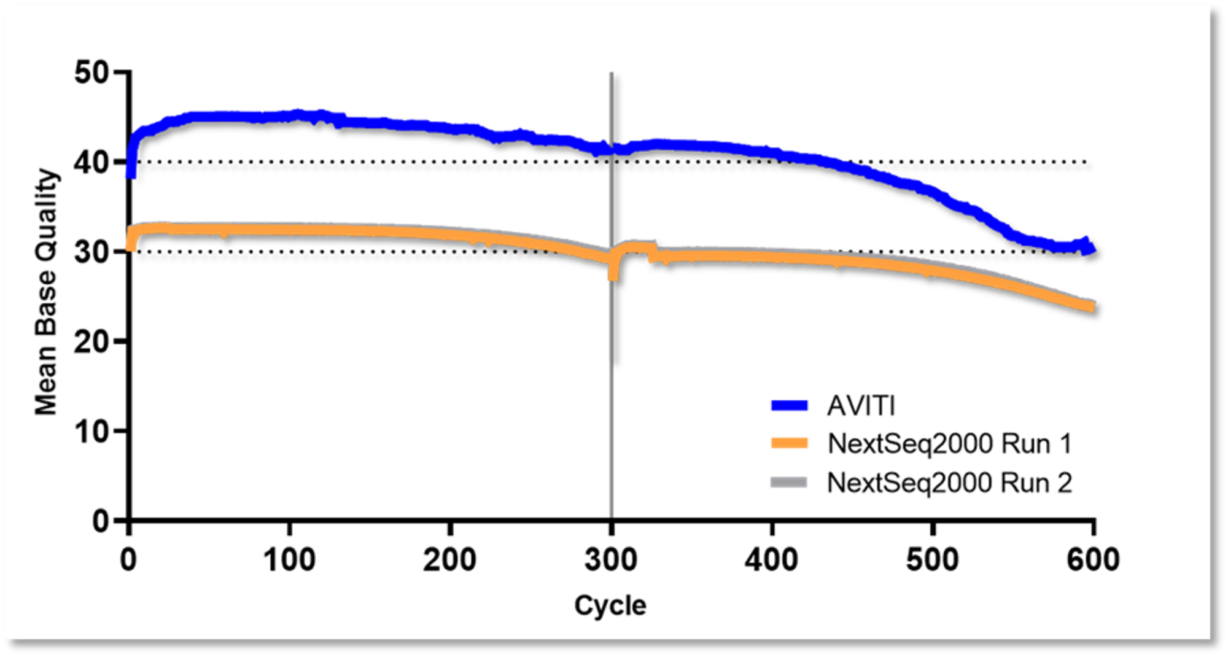Revealing the immune mysteries of dengue fever with AVITI™ | Element Biosciences
Sign up for our newsletter
Join our scientific community to stay up to date with Element news, insights, and product updates.
This site is protected by reCAPTCHA and the Google Privacy Policy and Terms of Service apply.
A mosquito-borne illness, dengue fever is one of the most widespread infectious diseases worldwide. The World Health Organization estimates that 100-400 million infections occur annually. Dengue severity is linked to the host immune response, particularly B cell-mediated immunity and antibody dynamics.
Historically, it was believed that primary infections were largely mild or asymptomatic while secondary infections caused severe disease due to antibody-dependent enhancement (ADE) and original antigenic sin (OAS). However, recent evidence suggests primary infections may also lead to severe outcomes at comparable rates.
This unique immune dynamic makes dengue not only a global health challenge, but also a complex scientific puzzle. In a recent preprint, Establishment of ‘natural antibodies’ during primary dengue infection, researchers sought to understand the early B cell response using B cell receptor (BCR) sequencing and immunoprofiling of longitudinal samples.
Explore our publications hub to see how AVITI has powered 300+ preprints and publications.
Inside B cell biology in dengue fever
During primary infection, B cells generate antibodies that neutralize the infecting serotype but confer limited cross-protection to other serotypes. In secondary infections, memory B cells generate cross-reactive antibodies, which can sometimes protect but can also worsen disease through ADE and OAS. Dengue also triggers unusual antibody patterns, including low-mutation, broadly reactive antibodies.
Together, these observations highlight additional complexity in immune regulation, with implications for disease progression and vaccine development.
Decoding immunity with BCR sequencing
B cells generate antibodies by recombining variable (V), diversity (D), and joining (J) gene segments in their heavy chain receptor regions. Studying the B cell receptor (BCR) repertoire during infection provides a window into how immunity is built, refined, and sometimes misdirected.
In this study, the authors used heavy-chain BCR sequencing on an AVITI to track the immune repertoire across the course of primary dengue virus (DENV1) infection in a controlled human challenge model. They found that primary infection produces different response patterns across participants—ranging from moderate/delayed activation, to strong plasmablast and IgA/IgM expansion, to an intermediate profile resembling secondary infection, likely due to prior flavivirus exposure.
Ultimately, their work revealed:
- Early memory-derived B cell clones—The presence of highly mutated IgA and IgG clones in the acute phase suggests that cross-reactive memory B cells contribute to the early response, even in primary infections.
- Emergence of “public” naïve B-cell clones—Multiple participants developed shared BCR signatures, suggesting convergent responses against conserved viral epitopes.
- Delayed and atypical maturation—These clones underwent isotype switching (to IgG) without the usual levels of somatic hypermutation, pointing to a T cell–independent pathway of antibody development.
Together, these insights redefine our understanding of how “natural antibodies” arise in dengue infection and highlight why some antibody responses may contribute to protection, while others risk enhancing disease.
Why sequencing technology matters
Capturing this level of immune detail requires high accuracy across the entire variable region. High-quality 300 bp reads are necessary to sequence through the full BCR variable region, ensuring accurate clone identification and lineage tracking. Just as important, high accuracy is essential to detect subtle somatic hypermutations and follow clonal expansion with confidence.
By combining accuracy with read length, AVITI empowers researchers to dissect B cell repertoire dynamics with unprecedented clarity.

Charting a path toward better vaccines and therapies
The fight against dengue underscores a broader truth: our ability to combat infectious diseases depends on our ability to map and understand immune responses at high resolution.
Tools like AVITI will be central to this effort, enabling scientists to discover immune signatures that predict severe disease and identify targets for next-generation dengue vaccines that provide protection without triggering ADE.
Dengue continues to pose a major global threat, but breakthroughs in BCR sequencing are helping decode the immune response that underlies both protection and pathology. With technologies like Avidite Base Chemistry™ researchers can uncover the fine-scale immune dynamics that will ultimately guide us toward safe vaccines and effective treatments.